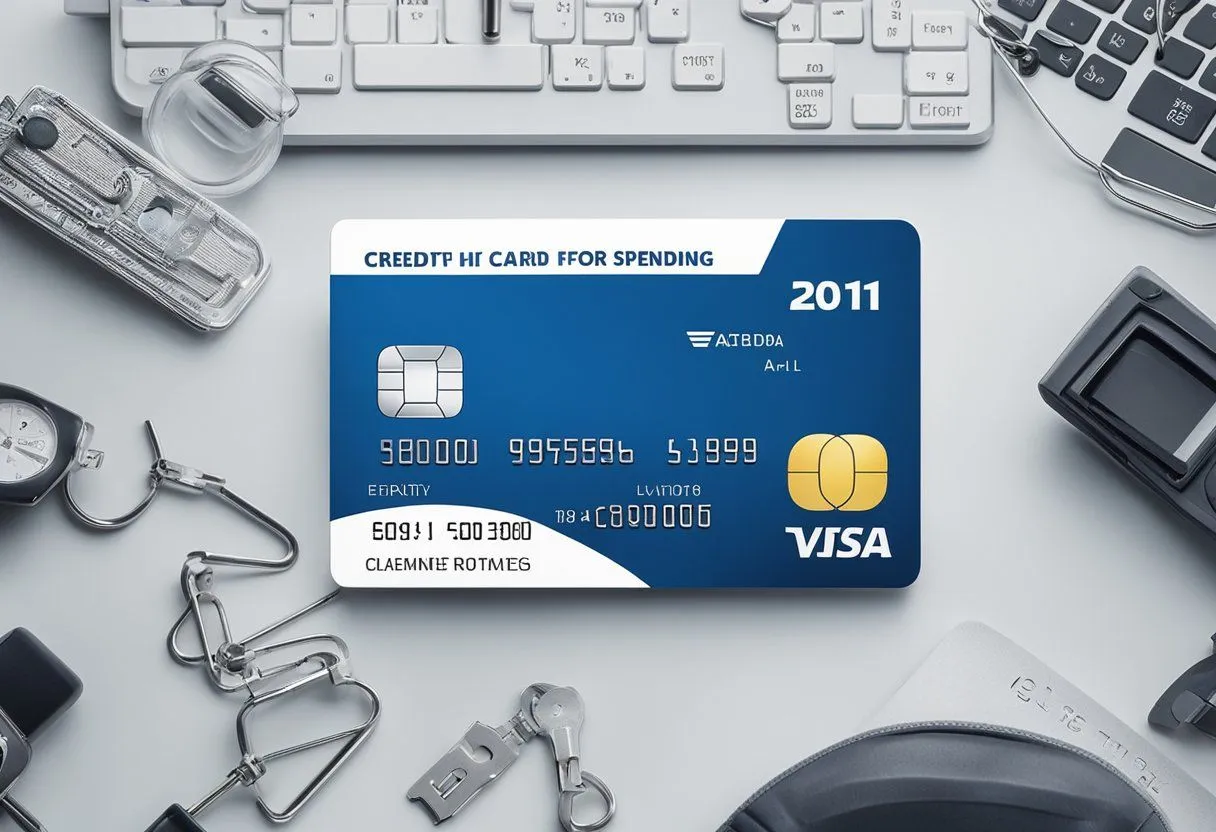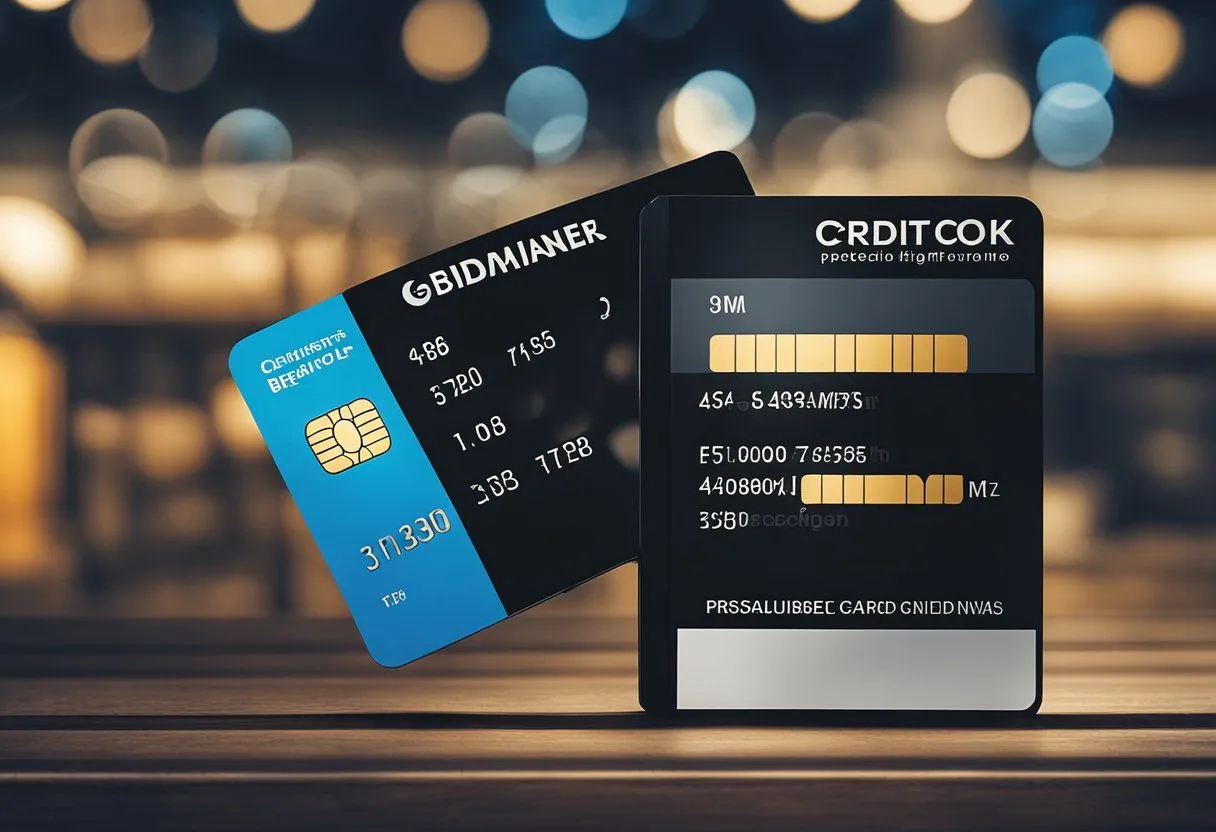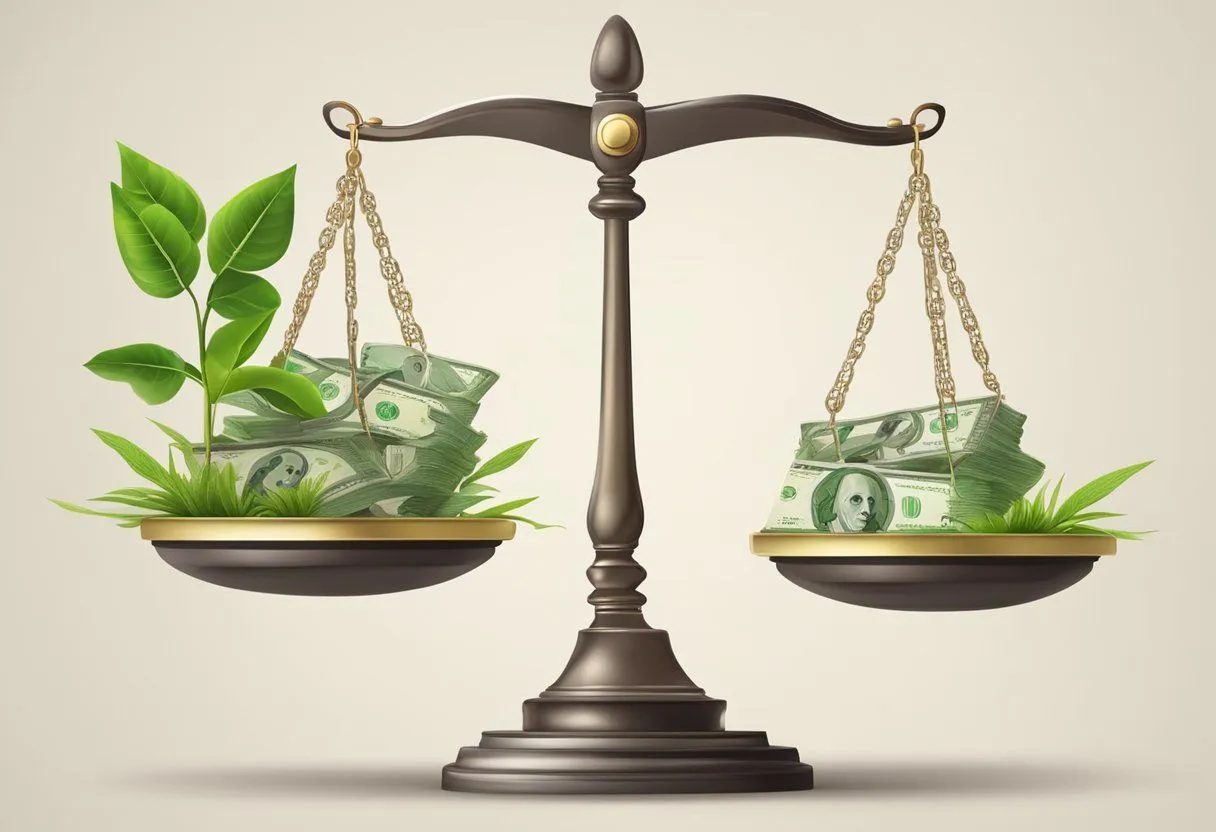Credit Card 101: A Beginner’s Blueprint for Responsible Spending
Credit cards can be a valuable tool for managing finances, but they can also be a source of trouble for those who don’t use them responsibly. For beginners, credit cards can be overwhelming and confusing. Understanding the basics of credit cards is crucial for responsible spending and avoiding debt.
In this article, readers will learn the fundamentals of credit cards, including how they work, the different types of credit cards available, and how to use them responsibly. By the end of this article, readers will have a solid understanding of credit cards and will be able to make informed decisions about their use. Whether you’re new to credit cards or looking to improve your credit card habits, this beginner’s blueprint will provide you with the knowledge you need to make smart financial choices.
Understanding Credit Cards

What Is a Credit Card
A credit card is a payment card that allows the cardholder to borrow money to pay for goods and services. The cardholder can then pay back the borrowed amount at a later time with interest. Credit cards are issued by banks and other financial institutions, and they typically come with a credit limit, which is the maximum amount the cardholder can borrow.
Credit cards offer several benefits to cardholders, including convenience, flexibility, and rewards programs. However, it is important to use credit cards responsibly to avoid getting into debt.
How Credit Cards Work
When a cardholder makes a purchase with a credit card, the card issuer pays the merchant for the purchase. The cardholder then owes the issuer the amount of the purchase plus any interest that accrues on the balance.
Credit cards typically have a grace period, which is the amount of time the cardholder has to pay the balance in full without incurring interest charges. If the balance is not paid in full by the end of the grace period, interest will be charged on the remaining balance.
Credit card interest rates can vary widely depending on the issuer and the cardholder’s creditworthiness. It is important to understand the interest rate and any other fees associated with a credit card before applying for one.
Overall, credit cards can be a useful tool for managing finances and earning rewards, but it is important to use them responsibly to avoid getting into debt.
Responsible Credit Card Usage

Using a credit card can be a great way to build credit and earn rewards, but it’s important to use it responsibly. Here are a few tips for responsible credit card usage:
Setting a Budget
Before using a credit card, it’s important to set a budget. This means figuring out how much you can afford to spend each month and sticking to that amount. One way to do this is to make a list of all your monthly expenses and subtract that from your monthly income. The remaining amount is what you can afford to spend on your credit card each month.
Paying on Time
One of the most important aspects of responsible credit card usage is paying on time. Late payments can result in fees and damage to your credit score. To avoid this, set up automatic payments or reminders to ensure that you never miss a payment.
Checking Your Statement Regularly
It’s also important to check your credit card statement regularly to ensure that all charges are accurate and to catch any fraudulent activity. If you notice any errors or unauthorized charges, report them to your credit card issuer immediately.
By following these tips, you can use your credit card responsibly and avoid any negative consequences.
Potential Pitfalls and How to Avoid Them
Credit cards can be a useful tool, but they also come with potential pitfalls that can lead to financial trouble. Here are some common pitfalls and how to avoid them.
Interest and Fees
One of the biggest pitfalls of credit cards is the high interest rates and fees that can quickly add up. To avoid paying more than necessary, it’s important to:
- Pay your balance in full each month to avoid interest charges.
- Avoid cash advances, which often have high fees and interest rates.
- Choose a card with a low interest rate and no annual fee.
Credit Score Impact
Using a credit card can have a significant impact on your credit score. To avoid damaging your credit score, it’s important to:
- Pay your bills on time to avoid late payment fees and negative marks on your credit report.
- Keep your credit utilization low by using no more than 30% of your available credit.
- Avoid opening too many new credit accounts at once, as this can lower your credit score.
Debt Management
Another pitfall of credit cards is the potential to accumulate debt that can be difficult to pay off. To avoid falling into debt, it’s important to:
- Create a budget and stick to it, so you don’t overspend.
- Only use your credit card for purchases you can afford to pay off in full each month.
- If you do accumulate debt, create a plan to pay it off as quickly as possible by making more than the minimum payment each month.
Remember, credit cards can be a useful tool for building credit and managing finances, but it’s important to use them responsibly to avoid potential pitfalls.
Maximizing Credit Card Benefits
Credit cards can offer many benefits beyond just convenience. By using credit cards responsibly, cardholders can earn rewards, build credit, and enjoy consumer protections. Here are a few ways to maximize credit card benefits:
Rewards and Cash Back
Many credit cards offer rewards programs that allow cardholders to earn points, miles, or cash back on purchases. These rewards can add up quickly, especially if the cardholder uses their card for everyday expenses like groceries and gas. Some cards also offer bonus rewards for certain categories, such as dining or travel. To get the most out of rewards programs, it’s important to choose a card that aligns with the cardholder’s spending habits and to pay off the balance in full each month to avoid interest charges.
Building Credit
Credit cards can also be a valuable tool for building credit. By using a credit card responsibly and paying the balance on time each month, cardholders can establish a positive credit history. This can help them qualify for loans, mortgages, and other financial products with better terms and lower interest rates in the future. It’s important to keep credit utilization low and to avoid applying for multiple credit cards at once, as this can negatively impact credit scores.
Consumer Protections
Credit cards also offer consumer protections that can be valuable in case of fraud or disputes with merchants. Most credit cards offer zero liability for unauthorized charges, meaning that the cardholder won’t be held responsible for fraudulent transactions. Some cards also offer extended warranties, purchase protection, and travel insurance. Cardholders should review their card’s terms and conditions to understand the specific protections offered.
In summary, credit cards can offer many benefits beyond just convenience. By using credit cards responsibly, cardholders can earn rewards, build credit, and enjoy consumer protections. It’s important to choose a card that aligns with the cardholder’s spending habits and to pay off the balance in full each month to avoid interest charges. Cardholders should also review their card’s terms and conditions to understand the specific benefits and protections offered.



